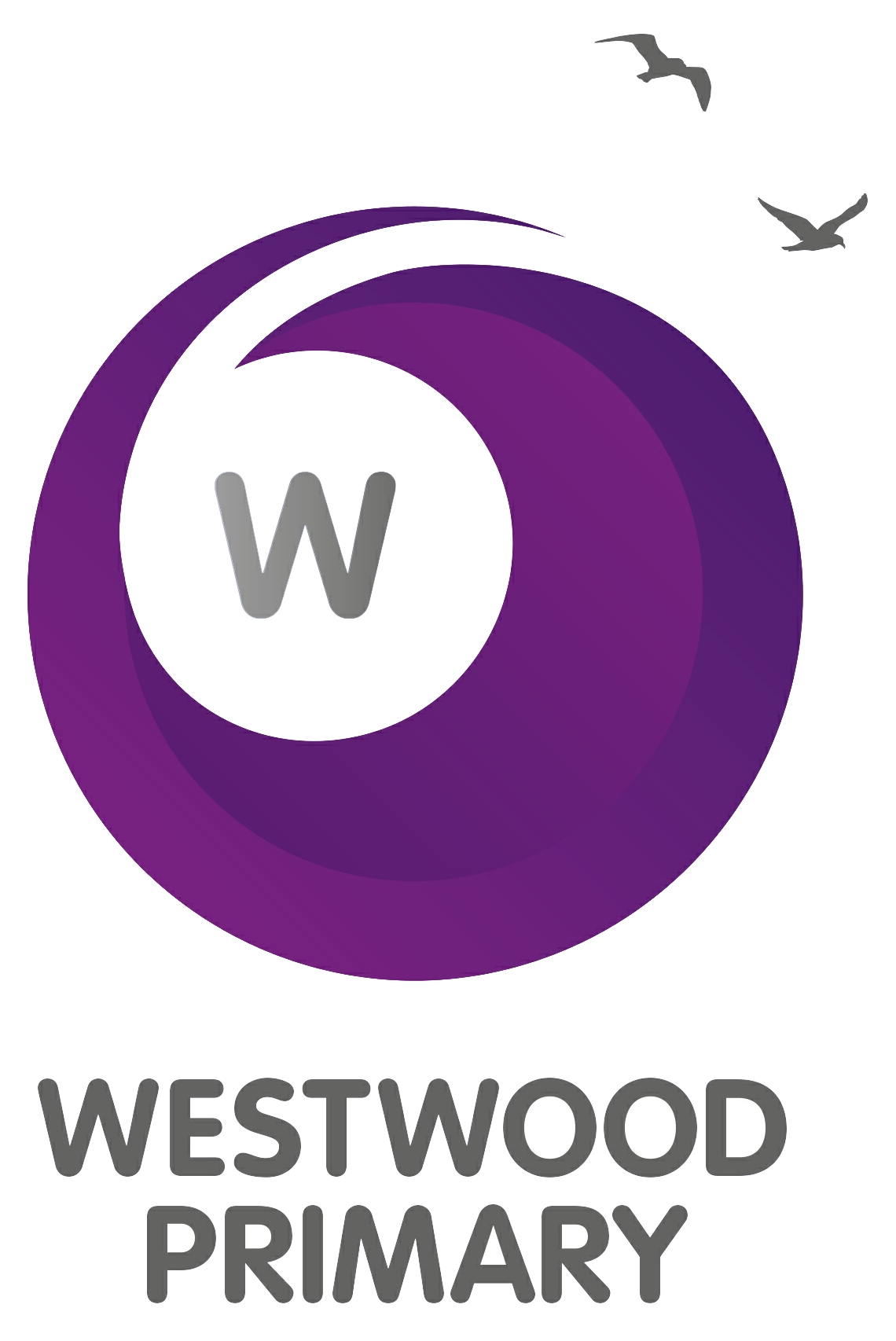Developing pupils' vocabulary
Vocabulary is important as it is closely connected with reading and writing. Children need to be able to understand words if they are to develop understanding of what they read.
Children learn words by hearing them and seeing them, so speaking and listening are important too. The more times they see and hear words, the more they can learn. Children are good at learning words, but they may need help. In school we will be doing lots to develop your child’s vocabulary.
Teaching & Learning
We use a number of practical strategies to help children to develop their vocabulary
- Class reading: vocabulary can be discussed in the context of the book being read. Children are encouraged to apply this learning in their class discussions and written work.
- Class environment: working walls display specific vocabulary that children can refer to. They are kept up-to -date and accessible. We aim to develop a rich language environment.
- Topic-specific vocabulary will be sent home to parents on subject knowledge organisers so words can be discussed at home
- Specific teaching where the teacher identifies certain words and provides direct instruction in word learning strategies (looking at root words, finding synonyms and definitions etc).
- We create excitement about discovering new words (it is okay not to know what a word means).
- Children are encouraged to use new vocabulary accurately within full sentences in their speech as well as their written work. Ambitious or new vocabulary used by the children is celebrated by the teachers through verbal and written feedback.
The three tiers of vocabulary
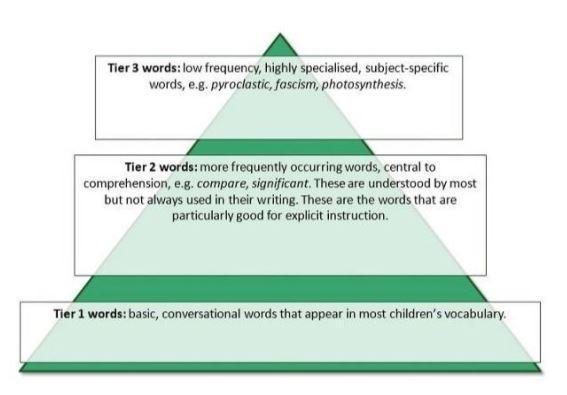
Written recording of new vocabulary
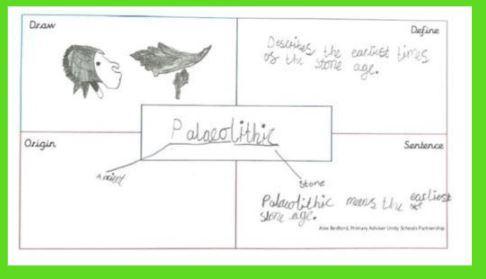
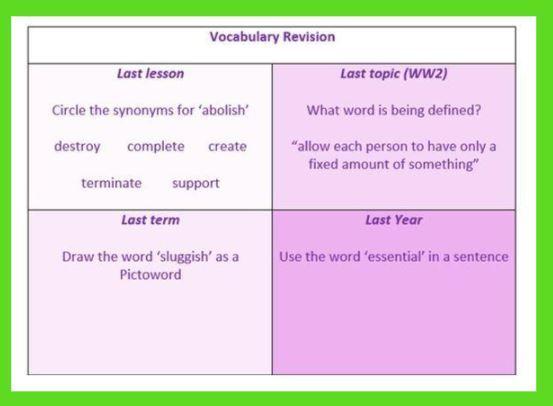
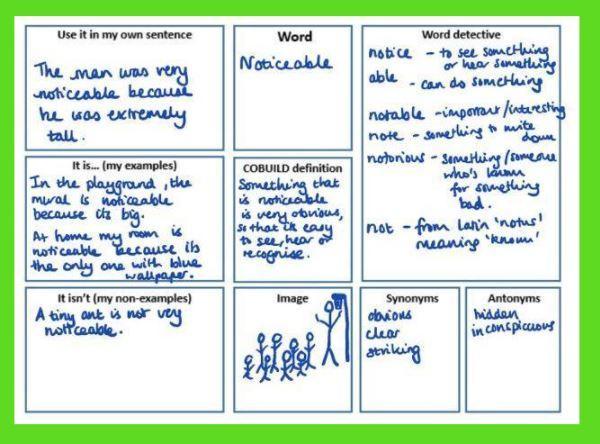
Ways to support your child:
- Have fun with words – Regularly play word games to build an interest in words but also to strengthen your child’s word-learning skills.
- Talk with your child! – Children learn words best if they hear them as well as read them, so talk about words as well as thinking about reading.
- When talking about words use comments more than questions – Use the words in a sentence and try not to say “What does that mean?” as your child needs to hear the word lots of times first before he/she can define it.
Word games to play at home
- Treasure hunt – When outside go looking for things such as: objects that can be described by a particular word (e.g. shiny objects) or categories (e.g. plants, things that need electricity…)
- Category call out – Think of a category such as ‘things with wheels’ ‘things that are blue’. See how many things you can name in that category.
- I spy – Please the traditional ‘I spy…’ game with a twist. E.g. ‘I spy my little eye something beginning with… (letter)’ or give it a category ‘I spy with my little eye something coloured red’.
- Alphabet game – Start with ‘a’. Each player names something or spots something beginning with ‘a’, when everyone has named something move onto b, c… until z.
- Letter and category game – Choose a category; it might be clothes, food or sports. Then choose a letter. See how many words you can think of from that category that start with the target letter.
